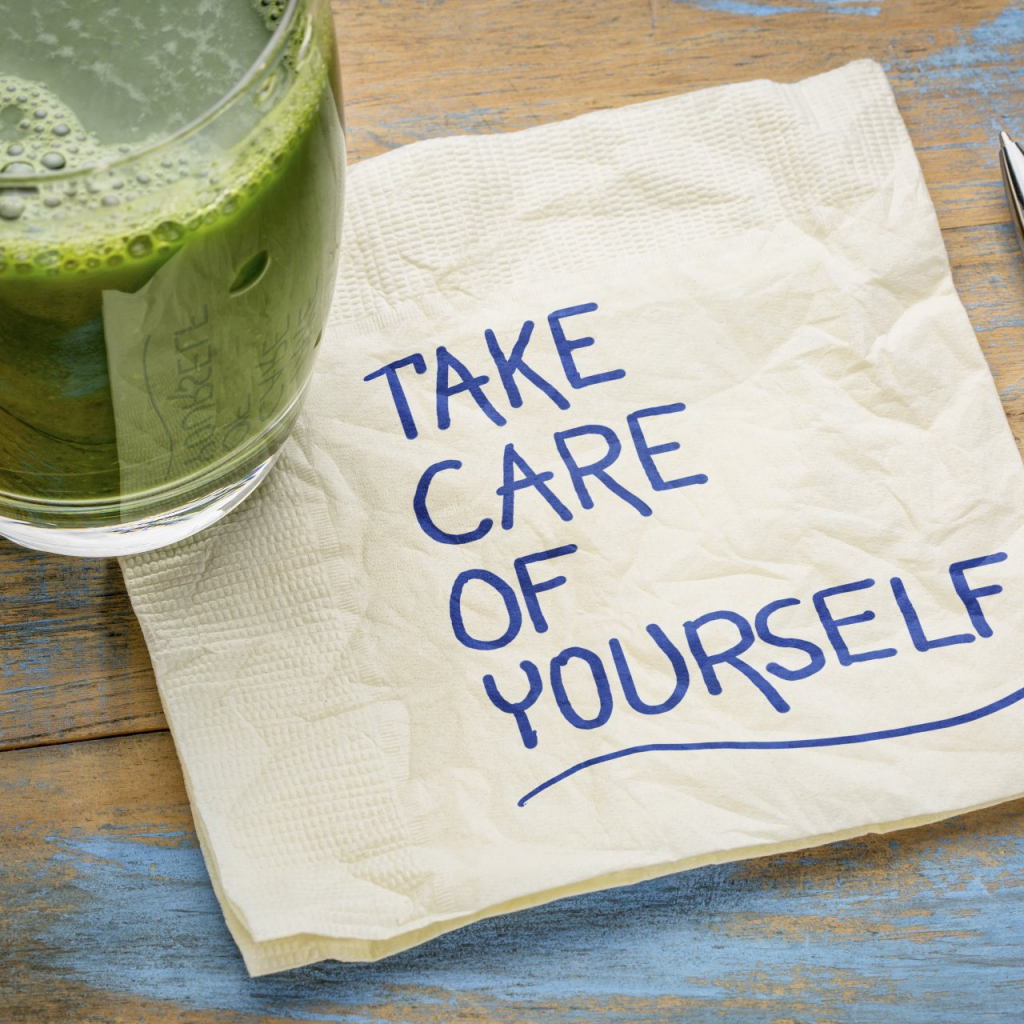Are We Born with Compassion?
It is widely believed these days that compassion is an innate phenomenon. We have a natural, automatic desire to help others who are suffering. We have a built-in urge to engage in compassionate behaviours to help fellow humans overcome obstacles without obtaining any reward. The act of helping is itself a reward.
When we feel compassion, our heart rate slows down, we secrete the “bonding hormone” oxytocin, and regions of the brain linked to empathy, caregiving, and feelings of pleasure light up, which often results in us feeling like we want to care for other people.
It is my understanding that we are born with compassion as part of our survival instincts, which means compassion is essential to human relationships and to help humanity. The problem is these days we spend an awful lot of our day in the fight or flight mode, and this blocks our compassion. This is because we are stressed and under pressure for large parts of the day and the brain sees this as a threat. It is difficult for us to be compassionate if our brains are focused on survival.
Compassion involves feeling another person’s pain and wanting to take steps to help relieve their suffering. The word compassion itself derives from Latin and means “to suffer together.” It is defined as the feeling that arises when you are confronted with another’s suffering and feel motivated to relieve that suffering. That means it’s not simply an emotion, it is accompanied by a strong desire to act and alleviate the suffering you witness, which makes it a verb.
If you break it down to its essential parts, it means we have a strong aspiration that all beings are happy and free from suffering.
Though compassion is innate it does not always come easily. Here are seven ways to help build your compassion.

Self-Compassion
We can be hard on others, but usually the person who gets the brunt of our harshness, is ourselves. It is hard to offer compassion to others when you can’t even extend it to ourselves.
Self-compassion isn’t about loving ourselves, being self-indulgent or narcissistic. It’s about being kind and supportive to ourselves when we are facing difficulties or have made a mistake.
We all know that life can be challenging, and it can be difficult to have compassion for ourselves when we must face suffering on a daily basis. But we have to understand that being human is a difficult thing and we are doing our best. We are not failing when we’re having a hard time, we are just being human.
Being compassionate to ourselves means offering support by empathising with ourselves. We can do this by talking positively with ourselves, take time out to reflect and regroup, giving ourselves a hug (I especially recommend doing this. It feels so supportive), give ourselves reassurance and be kind.
It’s important to understand that we are wired to feel, and these feelings are important. They give meaning to our lives. So, the first part of self-compassion involves accepting that it’s OK to feel. Don’t override or suppress feelings – just feel them.
Nobody knows us like we do. Nobody understands us like we do. Nobody knows just what we are going through. This is why we have to care for ourselves, have compassion for ourselves and become our own best-friend.
Similarities
Look for things we have in common with others, not differences. It can be easier to identify how you differ from another person, but we should at least try to find commonalities.
This will help you to relate to them and not see them as a different. In the end, this will help you create a bond with them enabling you to feel compassion.
Communication
When speaking to others we need to engage our brains before we open our mouths. Check that what you are about to say is helpful, kind, and compassionate. If it isn’t, I would suggest you stay quiet.
We all know that words are powerful tools which can empower or harm, uplift or drag someone down. So, in order to build compassion, we need to ensure our words do not bring about harm.
Perspective
We can get caught up in our own viewpoints. It can be a real challenge to step outside of ourselves and see another perspective. Try to consider how another person is influenced by a situation, and ask yourself some simple questions:
- How would I be feeling if this happened to me?
- How would my family and friends feel if it was me?
- How would I respond?
- What would I find helpful at a challenging time like this?
By considering the other person’s perspective, you are more likely to feel positive and connected to them.

Listening
When in conversation with another person, we don’t usually full listen to them. After a certain time, we start thinking about what we want to say next, and sometimes even interrupt them.
When trying to generate compassion for another, try to abandon your desire to give advice. Instead, actively listen. Suspend making any conclusions and simply offer the other person you full attention. It isn’t easy to do but with practice it is certainly achievable.
Present Moment
When we are distracted by our thoughts, emotions, memories, imagination, and perspectives, we cannot focus on what is right in front of us. That means we are unable to identify those in need of compassion. The only way we can do that is by being present in the moment.
You can help yourself to become more present by practicing mindfulness. By bringing yourself back to what is happening right at this moment you will be better able to concentrate and focus on the people around you who may need your time and attention.
A simple way to bring yourself back into the moment is to count your breaths. Count ten
in-breaths and then ten out-breaths. Ensure you focus your whole attention on the breath, and this will bring your awareness back to the here and now.
Giving
Generosity is a wonderful way to build compassion. Try contributing your time, unwanted possessions or make donations.
Compassion is contagious. Acts of generosity and thoughtfulness inspire more of the same, into a chain reaction of goodness.
Getting caught up in ourselves and our needs can kill compassion. But if you can look beyond yourself, cultivate compassion for yourself and others and truly engage with others, your life will be more fulfilling. Not only that, but you will also feel more connected and less stressed and anxious.
You can read more blogs, listen to podcasts, watch videos and practice guided meditations on my website.
If you would like to become a supporter of Buddhism Guides work, such as podcasts, blogs, videos and guided meditation practices, please visit here. You can support for as little as $2 a month.



